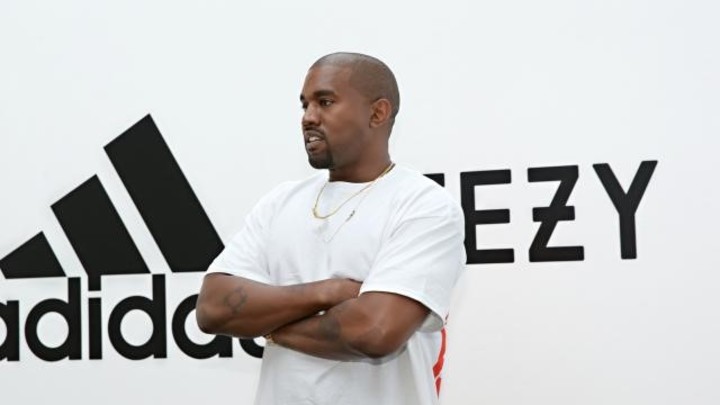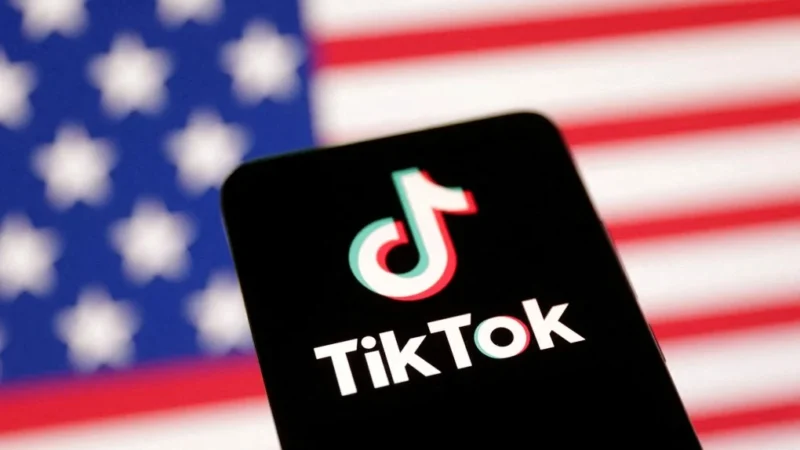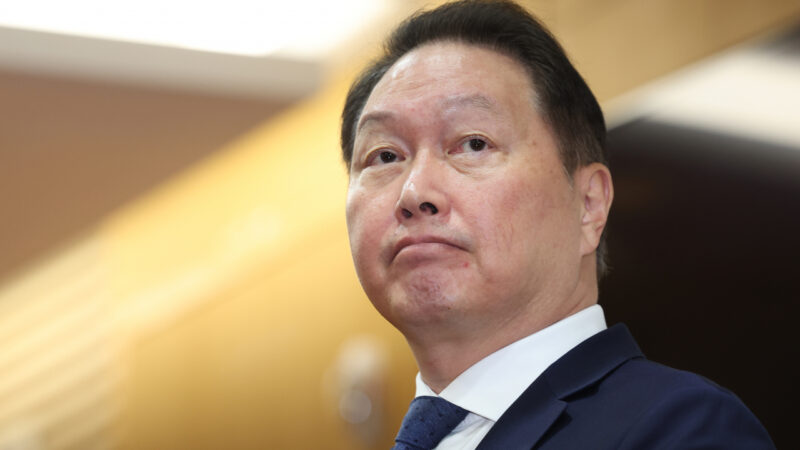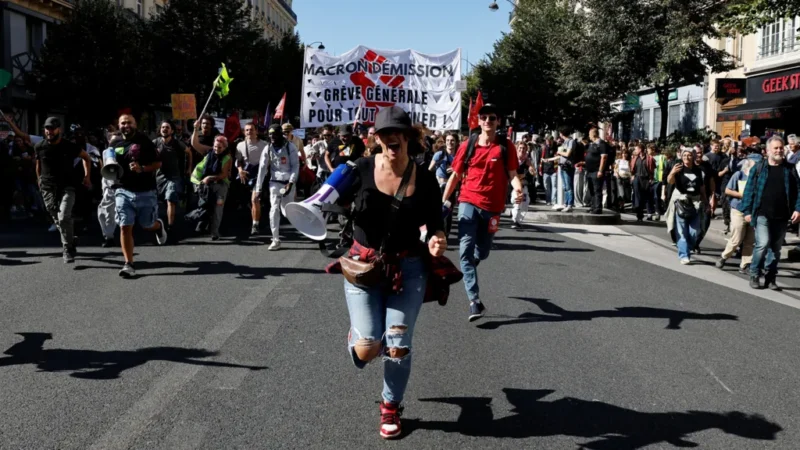Adidas Forecasts €700m Profits Post Kanye West Split

Adidas anticipates robust profits of €700 million (£598 million) in 2024, signalling a positive rebound following its tumultuous partnership with rapper Kanye West.
The German athletic apparel giant announced plans in February to offload its remaining Yeezy trainers, a collaboration with West, at cost or above.
Tuesday’s optimistic outlook from Adidas follows a recent period of losses, marking its first fiscal setback in three decades. Renowned for iconic shoe lines such as Samba, Gazelle, and Campus, the company’s revised earnings forecast surpasses initial estimates by €200 million, credited to a stronger-than-expected first quarter performance.
During the quarter, Adidas reported a quarterly operating profit of €336 million, a stark contrast to €60 million in the same period a year ago, when it endured the fallout from the West collaboration dissolution.
Additionally, Adidas revealed €150m in Yeezy product sales for the quarter, yielding a profit of approximately €50m. The company expects to liquidate the remaining Yeezy inventory for approximately €200 million later this year, sans any incremental profits.
In a charitable gesture, Adidas pledged a portion of Yeezy sales proceeds to organisations combating hate, reaffirming its commitment to social responsibility despite the partnership’s end.
The separation from West in November 2022 stemmed from his controversial social media remarks, although Adidas maintains a diverse consumer base, including affluent and influential patrons.
Recently, Adidas made headlines when it was revealed that British Prime Minister Rishi Sunak has been a loyal customer of the brand’s Samba line for many years. Sunak, cognizant of potential perceptions, offered a “fulsome” apology on LBC radio, emphasising his enduring affinity for Adidas.
While Adidas foresees profits bouncing back post-Yeezy, it acknowledges the financial impact of the Argentine peso devaluation in late 2023. As the long-standing supplier of shirts for Argentina’s national football team, Adidas notes the peso’s devaluation as a factor affecting its financial performance.
Puma, a key competitor in the sportswear industry, also reported adverse effects from the Argentine currency devaluation, given the region’s significance as its primary and fastest-growing market.






